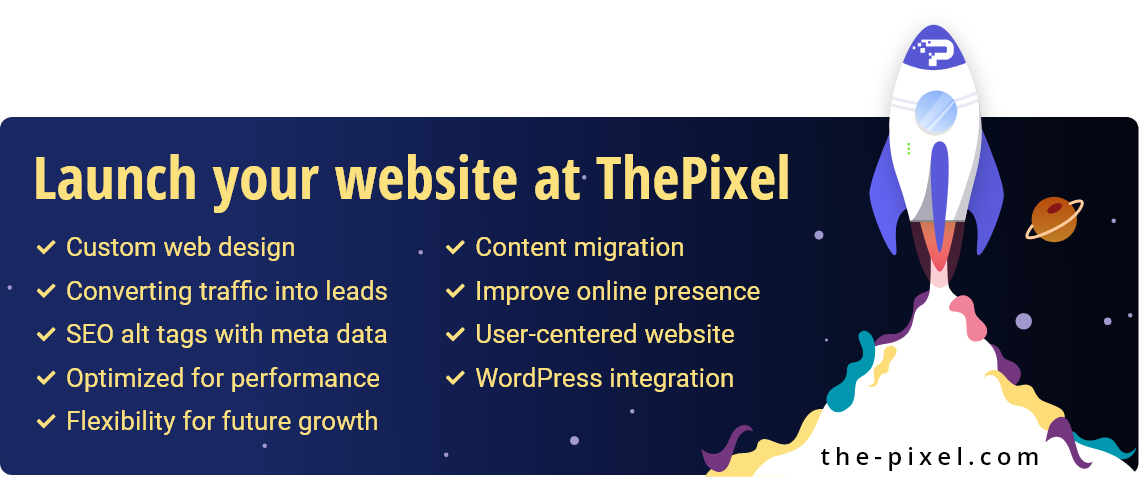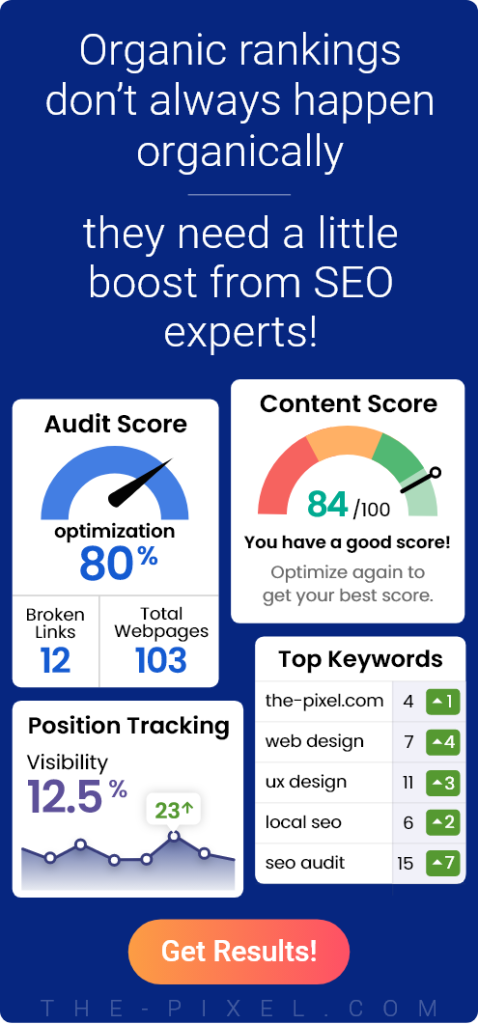The Ultimate SEO Strategy List for 2025
The Ultimate SEO Strategy List for 2025
A solid Search Engine Optimization (SEO) strategy is essential for improving a website’s visibility and ranking on search engine results pages (SERPs). Here’s a comprehensive SEO strategy that covers key areas to enhance search engine rankings:
1. Keyword research
- Identify Relevant Keywords: Start by researching keywords that are relevant to your business or niche. Tools like Google Keyword Planner, Ahrefs, and SEMrush can help.
- Long-Tail Keywords: Target longer, more specific keywords that may have less competition but high intent (e.g., “best organic coffee in California” instead of just “coffee”).
- Competitor Analysis: Research competitors to see which keywords they rank for, and try to target those or related variations.
2. On-Page optimization
On-page SEO ensures that individual web pages are optimized for the right keywords and user experience:
- Title Tags: Include your target keyword near the beginning of the title. Keep the title length under 60 characters.
- Meta Descriptions: Write compelling meta descriptions (150-160 characters) with keywords and a call-to-action to improve click-through rates.
- Headings (H1, H2, H3…): Use proper header tags and include keywords naturally. Ensure there’s a clear hierarchy (H1 for the main title, H2 for subheadings).
- URL Structure: Use clean, descriptive URLs with keywords, avoiding long strings of numbers or irrelevant characters.
- Keyword Placement: Place your target keyword in the first 100 words, in headings, and throughout the content (but avoid keyword stuffing).
- Internal Linking: Link to other relevant pages within your website to boost the site’s overall SEO and help search engines crawl content.
3. Quality content creation
- Focus on User Intent: Content should answer the questions or solve the problems users are searching for. Google rewards content that satisfies user intent (informational, transactional, navigational).
- Content Length and Depth: Write in-depth content that covers topics comprehensively. Longer content (1,500+ words) tends to rank better when it provides value.
- Engaging Media: Use images, infographics, videos, and other media to enhance the user experience and improve engagement.
- Regular Content Updates: Keep content fresh and updated. Regularly publish blogs, articles, or news to stay relevant.
4. Mobile optimization
- Responsive Design: Ensure your website is mobile-friendly and looks great on all devices (smartphones, tablets).
- Mobile Speed: Speed is even more critical on mobile devices. Use Google PageSpeed Insights to test and improve mobile load times.
- Mobile-First Indexing: Google now indexes mobile versions of websites first, so mobile optimization is crucial for SEO.
5. Technical SEO
- Site Speed: Faster loading pages improve both user experience and SEO rankings. Optimize images, leverage browser caching, and minify code (CSS, JavaScript, HTML).
- XML Sitemap: Create and submit an XML sitemap to help search engines crawl your website more efficiently.
- Robots.txt File: Ensure your robots.txt file is configured correctly so search engines know which pages to crawl and which to avoid.
- Canonical Tags: Use canonical tags to prevent duplicate content issues if similar content appears on multiple pages or domains.
- Schema Markup: Implement schema markup (structured data) to help search engines understand your content better, which can improve rich snippets (e.g., star ratings, pricing info).
- HTTPS: Secure your website with SSL certificates. Google favors secure sites and users trust them more.
6. Backlink strategy
Backlinks from authoritative websites are one of the top ranking factors in SEO.
- Build High-Quality Backlinks: Focus on earning backlinks from reputable, relevant sources. This could involve guest blogging, partnerships, and outreach.
- Content Marketing for Link Building: Create shareable content (infographics, research, case studies) that others will link to naturally.
- Monitor Backlinks: Use tools like Ahrefs or Moz to track your backlink profile and disavow any toxic links that might hurt your SEO.
7. Local SEO (if applicable)
If you have a physical location or serve specific geographic areas:
- Google My Business: Claim and optimize your Google My Business profile. Keep it updated with accurate business hours, location, and contact information.
- Local Citations: Get listed in local business directories (Yelp, Yellow Pages, etc.) to boost local SEO.
- Local Reviews: Encourage customers to leave reviews on Google and other review platforms. Positive reviews improve rankings and attract more customers.
8. SEO analytics and reporting
- Track Key Metrics: Use Google Analytics and Google Search Console to track traffic, user behavior, and SEO performance.
- Monitor Rankings: Use SEO tools like SEMrush, Ahrefs, or Moz to monitor keyword rankings over time.
- Adjust Based on Results: Regularly review your SEO performance and adjust your strategy based on what’s working or not.
9. Social signals (indirect SEO impact)
- While social media signals don’t directly impact rankings, sharing your content on platforms like Facebook, Twitter, and LinkedIn can drive traffic and increase visibility, which indirectly supports SEO efforts.
10. Voice search optimization (emerging trend)
- As voice searches become more popular, optimize content for natural language queries. Focus on long-tail keywords and questions that people might ask their voice assistants.
11. Video SEO
- Video content (YouTube, Vimeo) is increasingly important. Use keywords in titles, descriptions, and tags. Transcribe videos and use schema markup for video content.
Summary of key actions
- Prioritize user intent in content and keywords.
- Optimize for mobile-first indexing and page speed.
- Focus on high-quality backlinks to build authority.
- Regularly review performance using SEO tools and adjust strategies based on data.
- Stay updated on SEO trends, as search engine algorithms continuously evolve.
Implementing this SEO strategy over time can dramatically improve your website’s rankings and visibility in search engines. Would you like assistance with any specific area of SEO?
Hire ThePixel to build your next website!
Since our founding in 2008, we’ve created and launched many types of business websites. Over the last decade and we’ve learned a thing or two! That’s why we’re masters of our craft, let us help you build the website of your dreams – one that generates traffic, leads and conversions.
Are you ready to start? If yes, contact ThePixel and one of our representatives will guide you through the website phases and how the process works either by a Zoom Meeting or phone.


